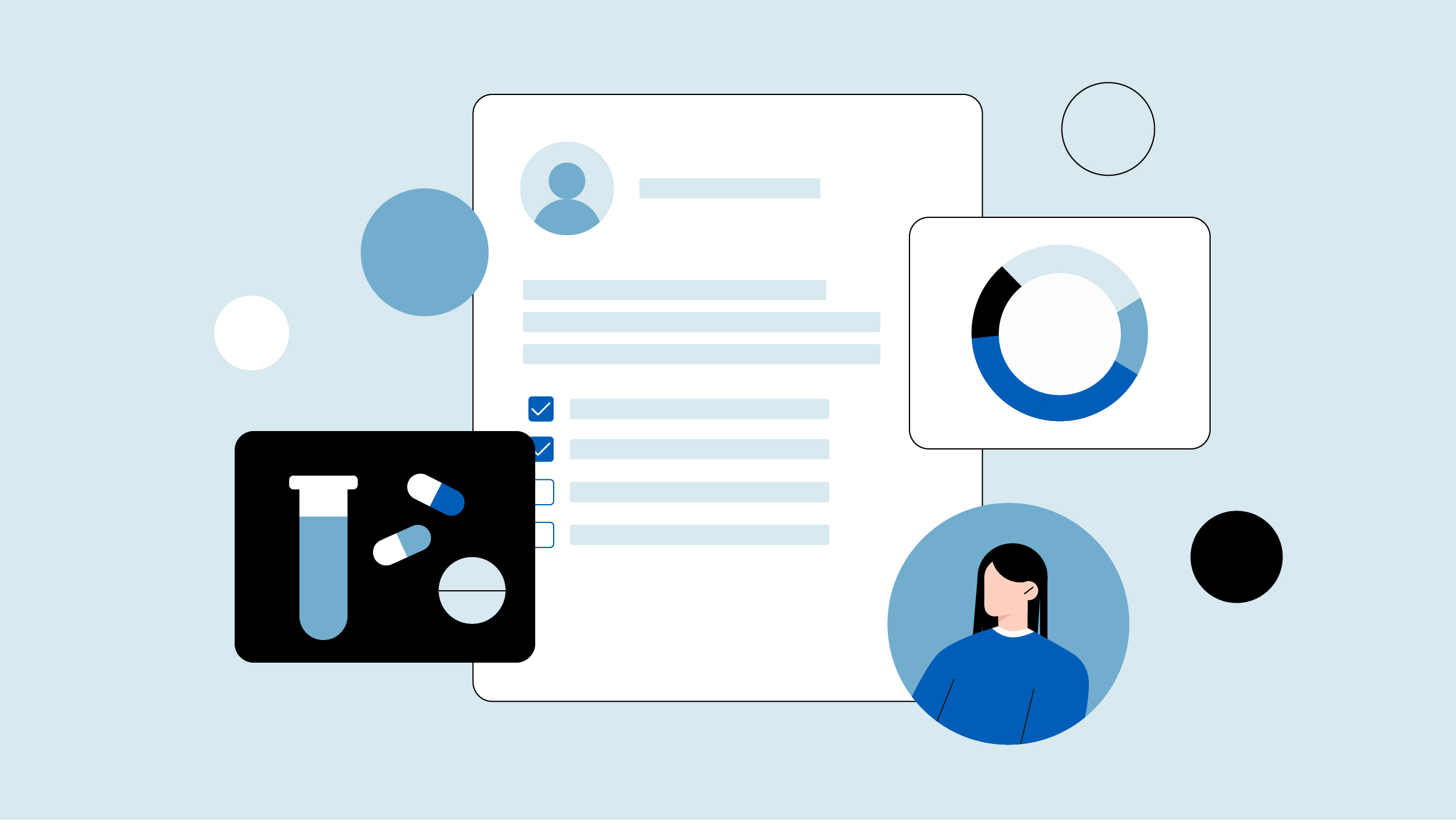What should I tell my care team before I take this medication?
They need to know if you have any of these conditions:
- Diabetes
- Eye disease
- High blood pressure
- History of pancreatitis
- Kidney disease
- Liver disease
- Lung disease
- Slow heartbeat
- Vision problems
- An unusual or allergic reaction to brigatinib, other medications, foods, dyes, or preservatives
- Pregnant or trying to get pregnant
- Breast-feeding
What may interact with this medication?
- Certain antibiotics, such as erythromycin or clarithromycin
- Certain antivirals for HIV or AIDS
- Certain medications for fungal infections, such as ketoconazole, itraconazole, posaconazole
- Certain medications for seizures, such as carbamazepine, phenobarbital, phenytoin
- Grapefruit juice
- Rifampin
This list may not describe all possible interactions. Give your health care provider a list of all the medicines, herbs, non-prescription drugs, or dietary supplements you use. Also tell them if you smoke, drink alcohol, or use illegal drugs. Some items may interact with your medicine.
What should I watch for while using this medication?
Visit your care team for regular checks on your progress. It may be some time before you see the benefit from this medication.
This medication may make you feel generally unwell. This is not uncommon as chemotherapy can affect healthy cells as well as cancer cells. Report any side effects. Continue your course of treatment even though you feel ill unless your care team tells you to stop.
Talk to your care team if you or your partner wish to become pregnant or think either of you might be pregnant. This medication can cause serious birth defects if taken during pregnancy or for 4 months after the last dose. A negative pregnancy test is required before starting this medication. A reliable form of contraception is recommended while taking this medication and for 4 months after the last dose. Talk to your care team about reliable forms of contraception. Do not father a child while taking this medication and for 3 months after the last dose. Use a condom while having sex during this time period.
Do not breast-feed while taking this medication and for 1 week after the last dose.
This medication may cause infertility. Talk to your care team if you are concerned about your fertility.
This medication may increase your risk of getting an infection. Call your care team for advice if you get a fever, chills, sore throat, or other symptoms of a cold or flu. Do not treat yourself. Try to avoid being around people who are sick.
Avoid taking medications that contain aspirin, acetaminophen, ibuprofen, naproxen, or ketoprofen unless instructed by your care team. These medications may hide a fever.
Tell your care team right away if you have any change in your eyesight.
This medication can make you more sensitive to the sun. Keep out of the sun. If you cannot avoid being in the sun, wear protective clothing and sunscreen. Do not use sun lamps or tanning beds/booths.
Your care team may tell you to stop taking this medication if you develop muscle problems. If your muscle problems do not go away after stopping this medication, contact your care team.
This medication may increase blood sugar. The risk may be higher in patients who already have diabetes. Ask your care team what you can do to lower your risk of diabetes while taking this medication.








